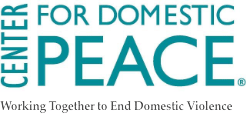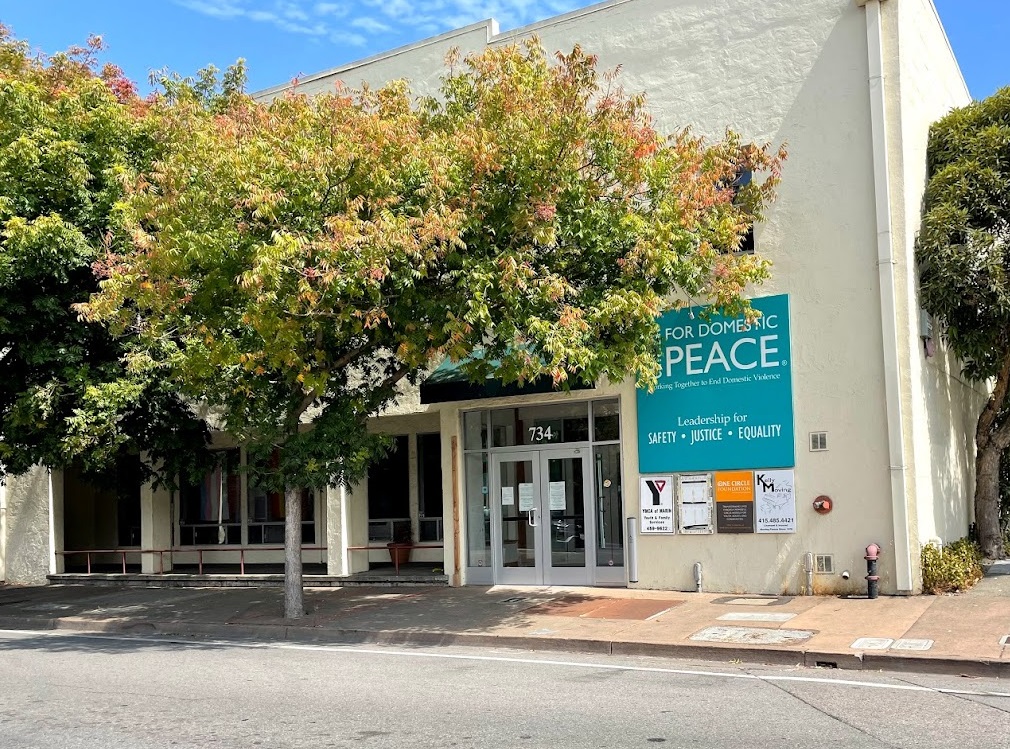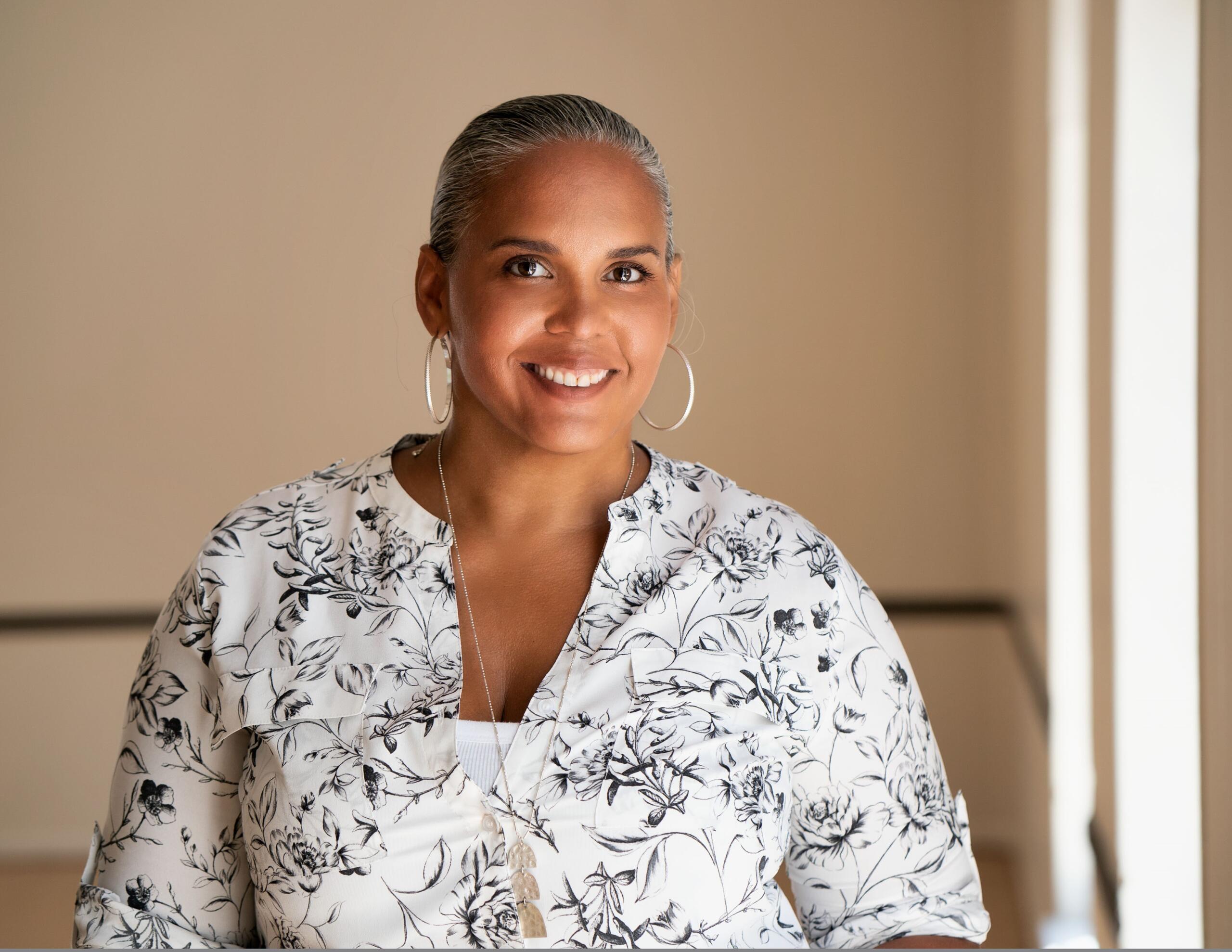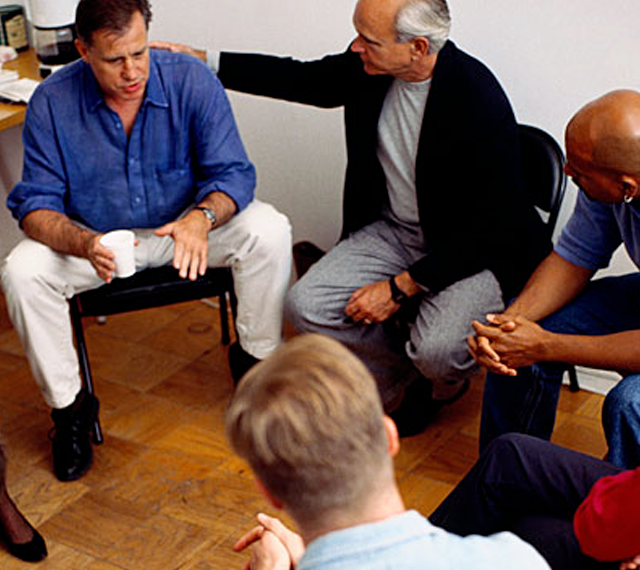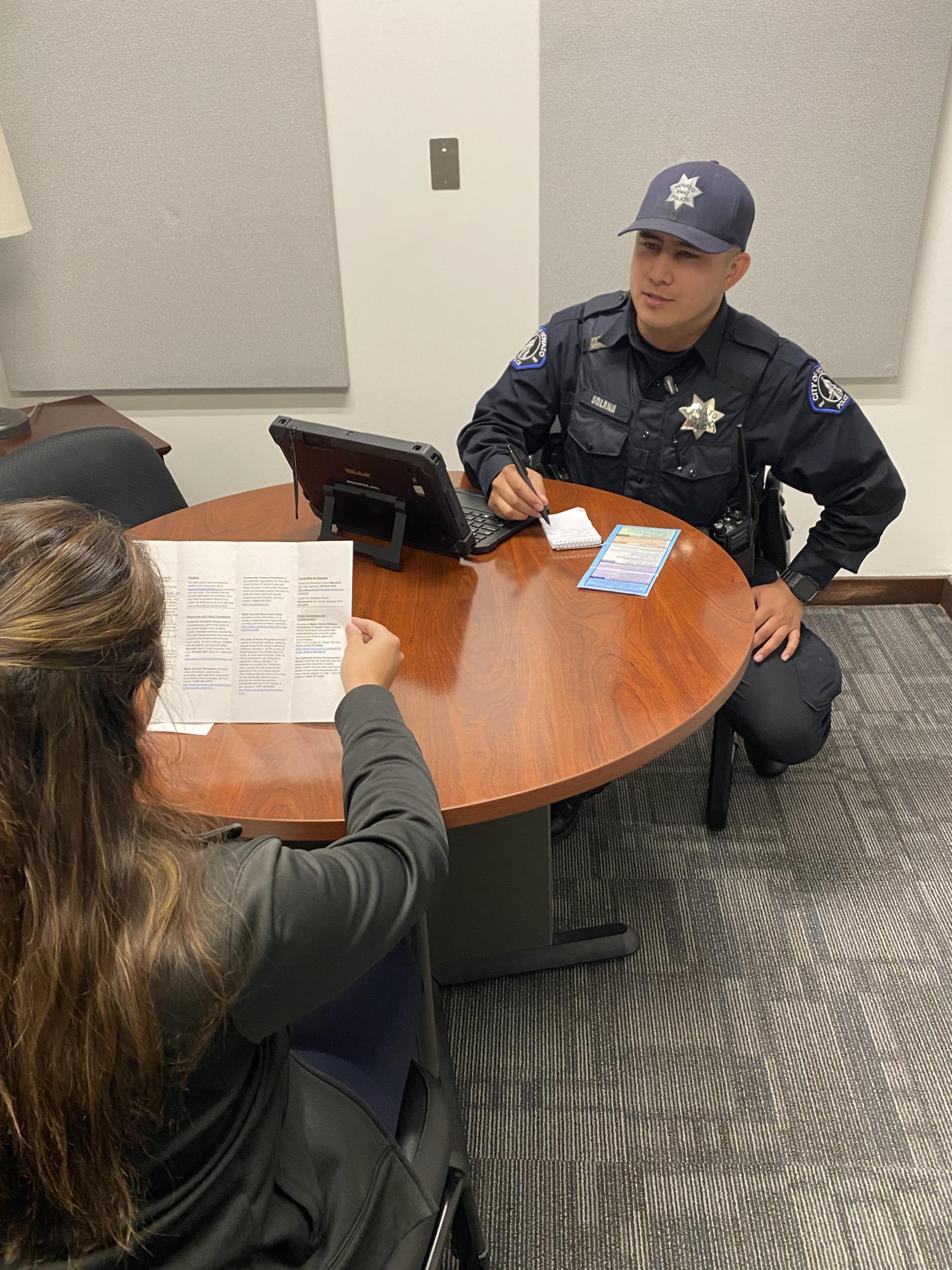Even in a pandemic, the work of C4DP’s Second Step 21-unit transitional housing program stayed steady and strong. Second Step offers a multi-faceted program which includes economic self-sufficiency and occupational education, counseling and case management, leadership opportunities, and just as importantly, help obtaining permanent housing upon exiting from the program.
Consider this snapshot of the program from January 1, 2020 through June 30, 2020, as COVID ramped up throughout the US. In sum, 28 survivors and 64 children/d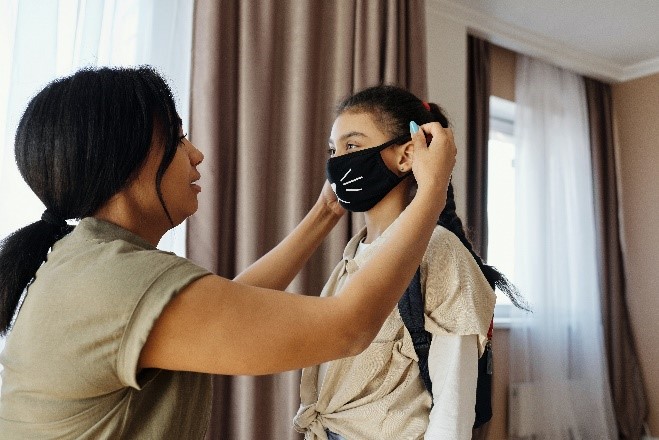 ependents received a total of 11,370 bednights of transitional housing at two sites. Nine families transitioned to permanent housing and eight new families began their journey with Second Step.
ependents received a total of 11,370 bednights of transitional housing at two sites. Nine families transitioned to permanent housing and eight new families began their journey with Second Step.
COVID-19 presented new challenges for these Second Step families who were already grappling with the impact of domestic violence: job losses, reduced work hours, and increased stress related to childcare and schools being closed. Additionally, the shelter-in-place (SIP) order impacted residents’ access to support networks; many expressed fear over leaving their homes, interacting with others, and bringing COVID-19 home to their children. Shared space at Second Step, such as the computer room, was curtailed, making it difficult for residents to follow up with applications, benefits, and even their education. All of this was layered over the experience of working to establish an independent life free of violence.
C4DP staff rose to the occasion by quickly connecting residents to key community service organizations to help with financial and material assistance, including food, rental stipends, and cash aid. C4DP staff also transitioned to phone case management and support, and eventually to Zoom. On one of these calls, a resident mentioned how grateful she was that she could shelter in place here with us and not her abuser.
The Marin community helped as well. Marin Community Foundation offered cash aid of $500 to all 21 residents in the program. Many received computers from their children’s schools as they pivoted to online learning. Moms became resilient and found free apps to do yoga together and searched YouTube to learn new things. Some even found mediation videos online to cope with this newfound stress.
Another important part of the program is staying connected to previous Second Step participants. Follow-up services have been especially important during this period. Immediately when SIP started, Second Step staff reached out to former residents to assess their individual situations. Several survivors lost their jobs initially, but were resilient and found work shortly after. For those who lost their jobs and benefits on a longer-term basis, Second Step helped them apply for Unemployment Insurance and access immediate financial aid.
Despite the very difficult and uncertain times, current and former residents consistently handled the situation with calm and strength, demonstrating the program’s success in helping them build confidence and skills for self-sufficiency in the face of significant challenges.
Of the nine families that exited during this period, 100% secured permanent housing, a remarkable achievement during COVID-19. Nearly half of all residents served in the last six months increased their income, with an average increase of 33% in earned income. And 78% of residents who exited had achieved at least half of the long-range goals they set for themselves at program entry, despite the challenges they faced due to the global pandemic.
While we have yet to know the full impact this pandemic will have on Second Step residents, we do know that survivors could be facing challenges for years, even generations, to come – including housing shortages, lost wages, family illnesses or even death, and other impacts. We are grateful to all who support our work transitioning families to lives free from violence and abuse, and we pause to celebrate the courage and resilience of our residents!
